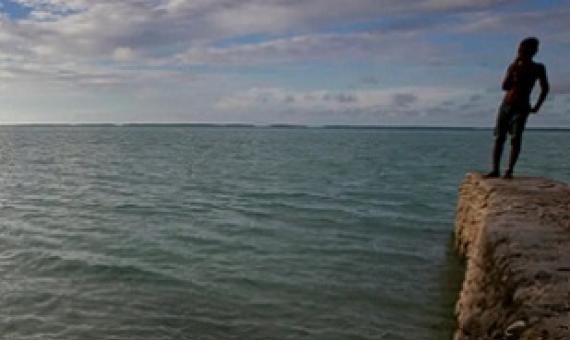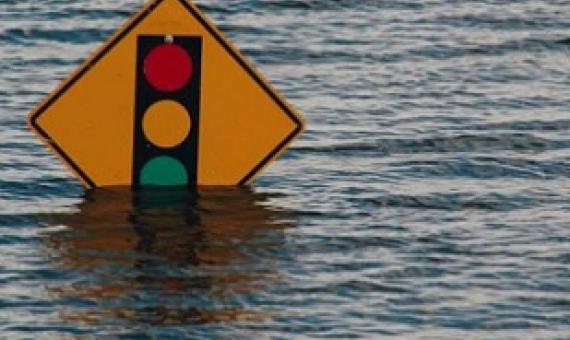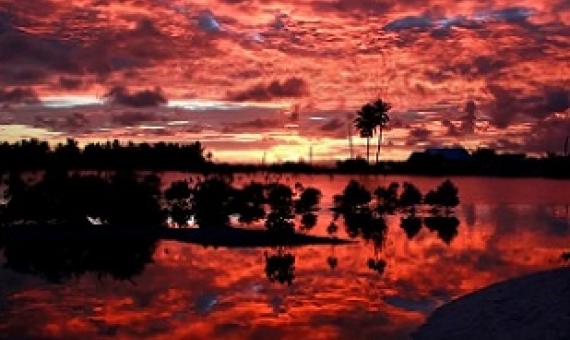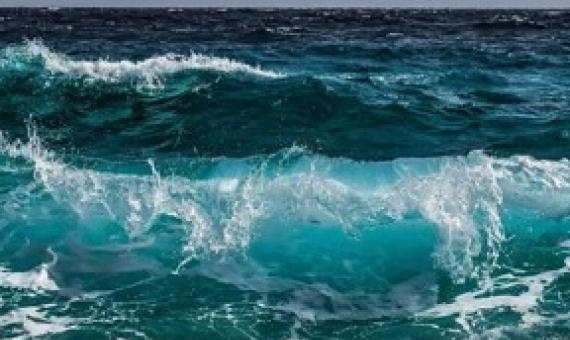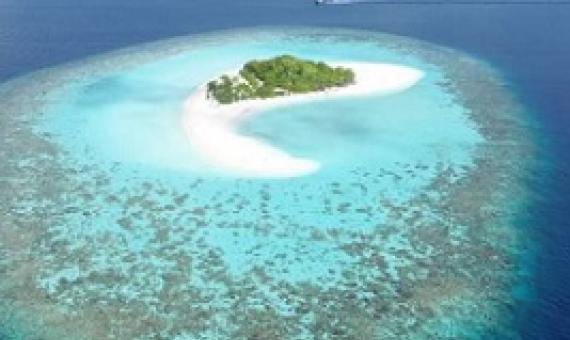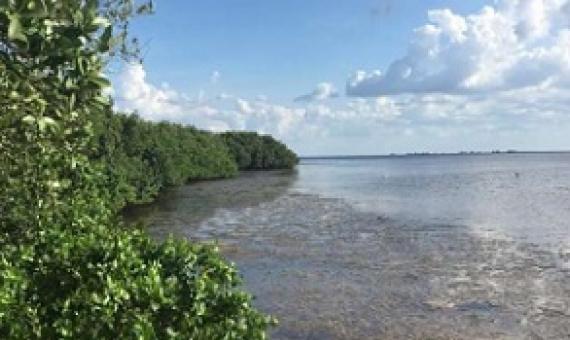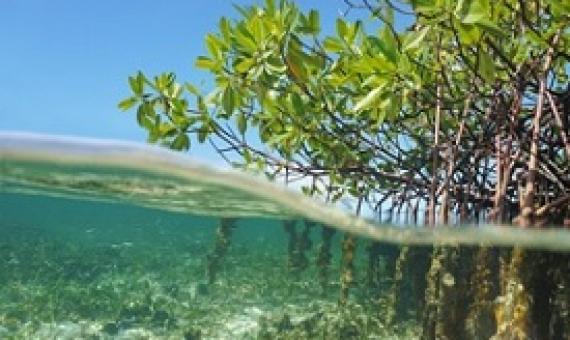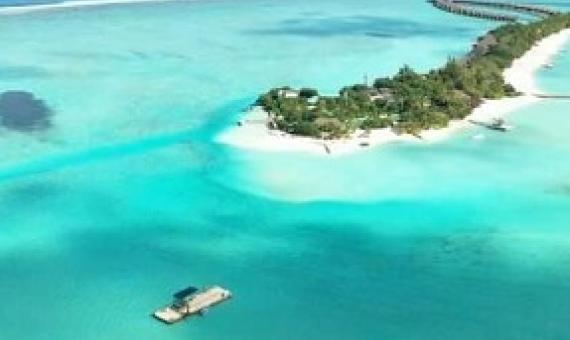The idea of moving an entire population en masse is just one of several radical measures under consideration by the island populations most threatened by rising seas. The world’s only atoll nations—in the Pacific, Kiribati, Tuvalu, and the Marshall Islands; in the Indian Ocean, the Maldives—
Sinking Islands, Drowned Logic; Climate Change and Community-Based Adaptation Discourses in Solomon Islands
The saltwater people of Solomon Islands are often portrayed to be at the frontline of climate change. In media, policy, and development discourses, the erosion and abandonment of the small, man-made islands along the coast of Malaita is attributed to climate change induced sea-level rise. This paper investigates this sinking islands narrative, and argues that a narrow focus on the projected impacts of climate change distracts attention and resources from more pressing environmental and development problems that are threatening rural livelihoods.
Climate change will profoundly affect how people move and where people live. Coastal communities, home to approximately 40% of the U.S. population, face the prospect of continuing sea level rise.
Kiribati is going under. The tiny nation in the Pacific Ocean is comprised of low-lying islands and atolls — circular land masses with water in the middle — no more than two metres above sea level. It's under threat by rising sea levels caused by climate change.
The impact of rising sea levels and coastal erosion will see shorelines retreat steadily and provide major challenges for planning authorities, according to a research that involved the University of Western Australia, and was contracted to GHD consultancy firm.
Coral reef islands across the world could naturally adapt to survive the impact of rising sea levels, according to new research.
Mangrove trees—valuable coastal ecosystems found in Florida and other warm climates—won't survive sea-level rise by 2050 if greenhouse gas emissions aren't reduced, according to a Rutgers co-authored study in the journal Science.
A new study finds that about 31 million people worldwide live in coastal regions that are “highly vulnerable” to future tropical storms and sea-level rise driven by climate change. In some of those regions, however, powerful defenses are located just offshore.
Many island nations, including the Maldives in the Indian Ocean, are facing an existential threat as a result of a rising sea level induced by global climate change.
A team of fisheries scientists and marine policy experts, led by a University of Rhode Island researcher, examined how climate change is affecting the ocean environment and found that the changing conditions will likely result in increased fisheries-related conflicts and create new challenges in

